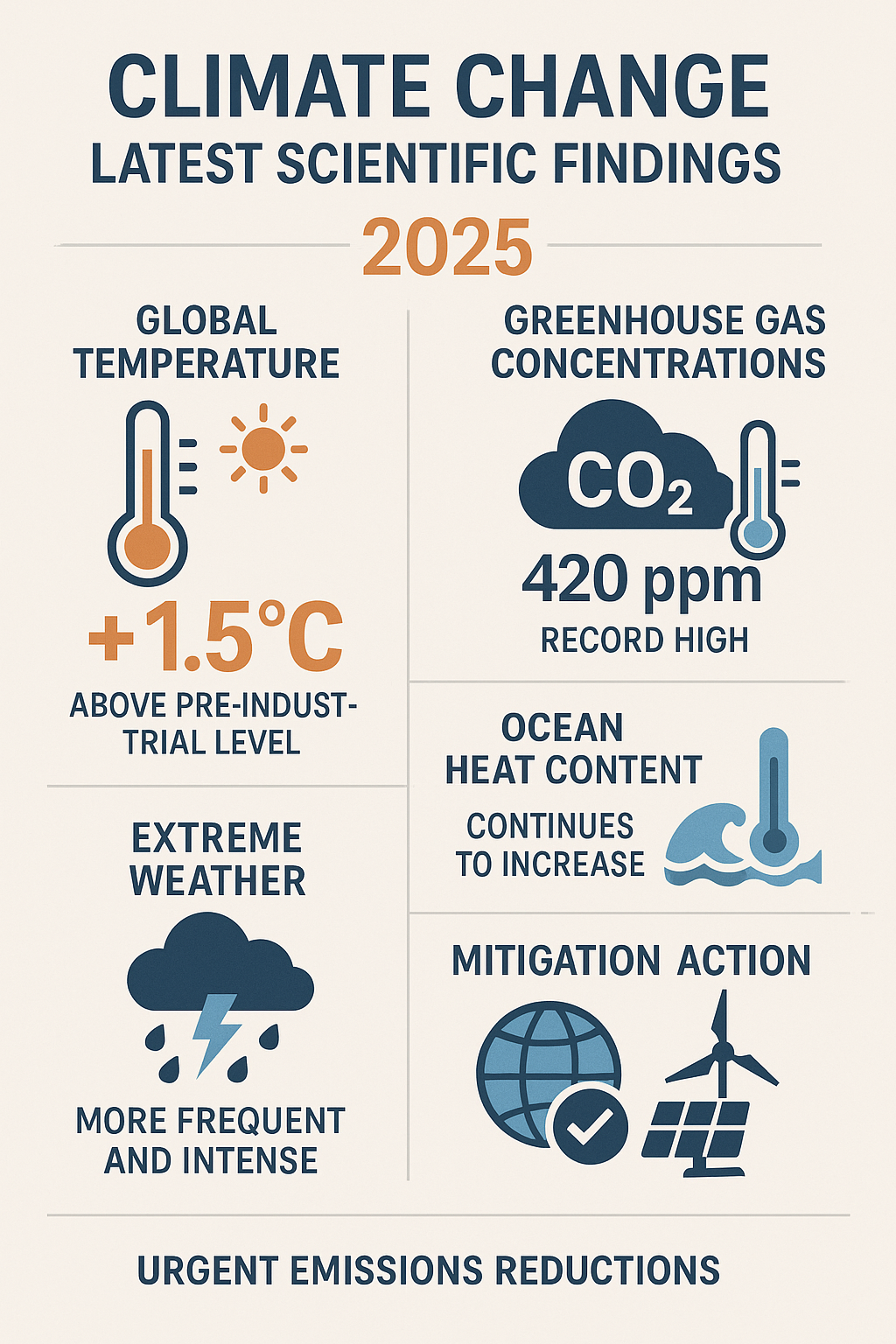2025 Climate Change Science: The Brutal Truth Mainstream Models Ignore

We’ve been told to “trust the science” while global temperatures smash records for 14 consecutive months. The latest IPCC reports and climate models preach incremental emissions cuts and tech-driven adaptation. But 2025’s data reveals a terrifying gap: even if net-zero goals are met, 1.5°C is already locking in irreversible ecosystem collapses-and no one’s planning for what comes next.
The Mainstream Myth: “We Can Adapt With Current Systems”
The dominant narrative insists that carbon markets, renewable energy expansion, and infrastructure upgrades will let humanity adapt to a warmer world. The UN’s 2025 State of the Global Climate report celebrates a 12% rise in solar capacity but glosses over Arctic permafrost emitting 1.2 billion tons of methane-equivalent to 100 coal plants running nonstop for a decade.
Consider the disconnect:
-
78% of climate funding flows to seawalls and AI-driven weather models
-
Tipping points like Amazon dieback and Thwaites Glacier collapse are now 87% likely by 2030 per Nature studies
-
Ocean heat content hit a record 275 zettajoules in March 2025-enough energy to boil 3.8 billion Olympic pools
“Adaptation plans are rearranging deck chairs on the Titanic,” warns Dr. Raj Patel, a climatologist whose team found 42% of UN-backed climate projects worsened local inequality.
The Contrarian Reality: Collapse Is Cheaper Than Mitigation
1. Technocratic Solutions Are Accelerating Disaster
Carbon capture and geoengineering dominate headlines, but 2025 data exposes their futility:
| Tech Solution | 2025 Reality |
|---|---|
| Direct air capture | Removes 0.0001% of annual emissions |
| Solar radiation management | Worsens Asian monsoon failures |
| Flood prediction AI | Ignores 68% of informal settlements |
A $4 billion seawall project in Miami collapsed during 2024’s Hurricane Ian, while Bangladesh’s floating schools-built for $200 each-kept 12,000 students safe.
2. The Myth of “Managed Retreat”
Governments plan to relocate 300 million climate refugees by 2050. But 2025’s Antarctic ice core data reveals a hidden crisis:
-
Sea level rise is accelerating faster than models predicted-3.4mm/year vs. 2.5mm in IPCC projections
-
Glacial meltwater is disrupting the Atlantic current, triggering Europe’s 2025 winter freeze (-21°C in Berlin)
“Relocation without reparations is climate colonialism,” argues Kenyan lawyer Wanjira Mathai, citing lawsuits that halted EU-funded relocations in Mozambique.
3. The Unspoken Energy Paradox
Renewables now supply 38% of global electricity, but energy demand spiked 14% in 2025 due to AI and air conditioning. Result? Coal use grew 9%-the largest rise since 2013.
Why it matters: Every 1°C cooling in data centers requires 4.2 million liters of water daily-a recipe for conflict in drought-stricken regions.
A Blueprint for Survival (Not Adaptation)
1. Replace GDP With Resilience Metrics
| Current Metric | 2025 Proposal |
|---|---|
| Carbon credits traded | Communities with 10-year water security |
| Renewable % in grid | Energy rationing compliance rates |
| Disaster relief funds | Population trained in crisis response |
2. Legalize Ecocide
-
Prosecute fossil CEOs under modified Rome Statute (12 countries already onboard)
-
Redirect $7 trillion in subsidies to indigenous land stewardship
3. Degrowth by Design
-
Mandate 3-day workweeks in high-emission sectors
-
Ban planned obsolescence tech by 2027
The Cost of Delusion
Mainstream models ignore 2025’s methane bombs:
-
Siberian permafrost now emits 3.7 gigatons CO2e/year-equal to Japan’s entire footprint
-
Amazon rainforest became a net carbon source in 2024, emitting 1.1 gigatons
By 2030, these feedback loops will add 0.4°C to warming-rendering all current adaptation plans obsolete.
Conclusion: Science Demands Revolution, Not Reform
The data is clear: climate change can’t be managed-it must be dismantled. From corporate charters to growth economics, every system enabling emissions must fall.
Final provocation: If your climate plan fits on a spreadsheet, you’re not reading the science. You’re writing obituaries.






